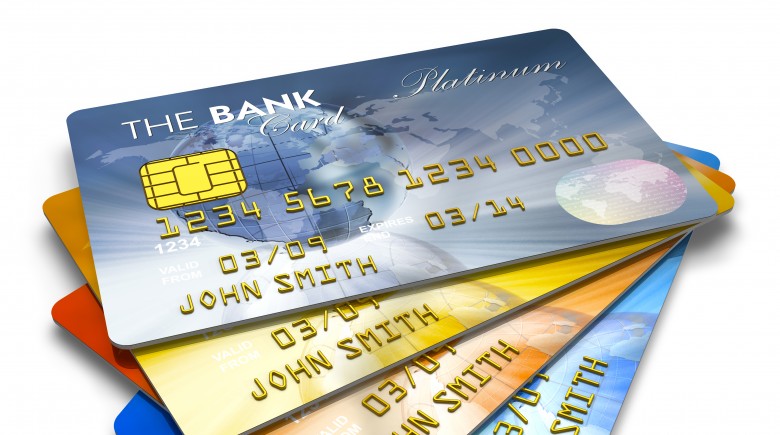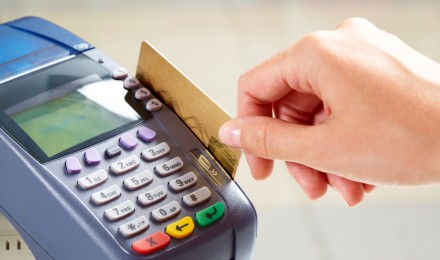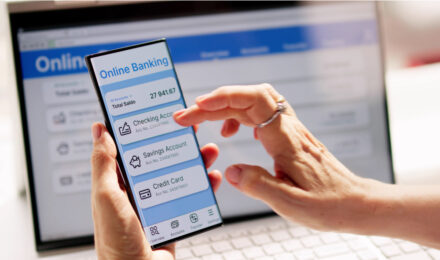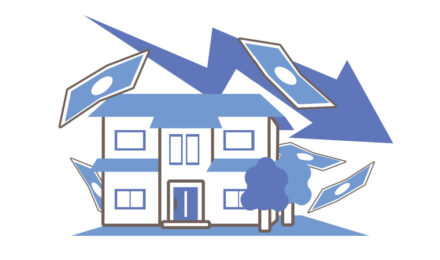For many 18 and 19-year-olds, getting a credit card is a rite of passage into adulthood. And as parents, it may come as no surprise when your older teens start asking about credit cards. You’re no doubt prepared to have this conversation. But what if the conversation takes place earlier, say five years earlier?
The idea of even entertaining this credit card discussion with your eighth grader may seem ridiculous, and like most parents, you probably feel that 13 is too young to have a credit card. You’re probably right. Most eighth graders don’t know the first thing about money management, and putting a credit card in their hands might be the equivalent of shooting yourself in the foot.
Of course, the question of whether an eighth grader is too young for a credit card really depends on who you ask. Some younger teens might be able to handle the responsibility. But regardless of the responsibility level of your 13-year-old, no one under the age of 21 (with the exception of college students) can get a credit card in their name without a parent or other co-signer. So, even if you decide that your teen is old enough, it’s ultimately your name on the line.
To Give, or Not to Give
As you go back and forth with whether to put plastic in your eighth grader’s hand, your biggest fear may be getting hit with a huge credit card bill. This is certainly something to take into consideration. Even if you sit your kid down and explain how credit works, this doesn’t guarantee that he’ll exercise self-control.
There are plenty of adults who know exactly how credit works, but this doesn’t stop them from repeatedly accumulating mountains of debt. Teenagers are inexperienced and they’re going to make mistakes. And yes, you can always take away the credit card if things get out of hand. But at the end of the day, they don’t have a job and you’re the one stuck with the balance.
Then again, you may look at this question from another angle and think, why wait until they’re older to teach credit management?
Give your eighth grader a credit card and this basically gives you five years to monitor and instill good credit habits in him. By the time he leaves your house and heads off to college, he may fully understand the importance of paying his bills on time, establishing a monthly spending plan and paying off balances in full. And if you add his name to one of your credit cards, he’ll build a credit history early in life.
Is There Another Option?
Still not convinced that your eight grader needs a credit card? Well, neither am I. Although I do feel that it’s important for teens to learn credit and debt management early on.
If you simply feel that 13 isn’t the right age for your kid to have a credit card, maybe you can teach credit lessons with a prepaid credit card. Although not an actual credit card, but rather a debit card, prepaid cards work similar to credit cards.
They won’t build your kid’s credit history like a credit card, but you can act as your kid’s creditor – load the card with a specific dollar amount and limit how much he’s able to spend. It’s the perfect, risk-free way to teach budgeting and financial patience, essentially paving the way for a credit card in the future.
For many 18 and 19-year-olds, getting a credit card is a rite of passage into adulthood. And as parents, it may come as no surprise when your older teens start asking about credit cards. You’re no doubt prepared to have this conversation. But what if the conversation takes place earlier, say five years earlier?
The idea of even entertaining this credit card discussion with your eighth grader may seem ridiculous, and like most parents, you probably feel that 13 is too young to have a credit card. You’re probably right. Most eighth graders don’t know the first thing about money management, and putting a credit card in their hands might be the equivalent of shooting yourself in the foot.
Of course, the question of whether an eighth grader is too young for a credit card really depends on who you ask. Some younger teens might be able to handle the responsibility. But regardless of the responsibility level of your 13-year-old, no one under the age of 21 (with the exception of college students) can get a credit card in their name without a parent or other co-signer. So, even if you decide that your teen is old enough, it’s ultimately your name on the line.
To Give, or Not to Give
As you go back and forth with whether to put plastic in your eighth grader’s hand, your biggest fear may be getting hit with a huge credit card bill. This is certainly something to take into consideration. Even if you sit your kid down and explain how credit works, this doesn’t guarantee that he’ll exercise self-control.
There are plenty of adults who know exactly how credit works, but this doesn’t stop them from repeatedly accumulating mountains of debt. Teenagers are inexperienced and they’re going to make mistakes. And yes, you can always take away the credit card if things get out of hand. But at the end of the day, they don’t have a job and you’re the one stuck with the balance.
Then again, you may look at this question from another angle and think, why wait until they’re older to teach credit management?
Give your eighth grader a credit card and this basically gives you five years to monitor and instill good credit habits in him. By the time he leaves your house and heads off to college, he may fully understand the importance of paying his bills on time, establishing a monthly spending plan and paying off balances in full. And if you add his name to one of your credit cards, he’ll build a credit history early in life.
Is There Another Option?
Still not convinced that your eight grader needs a credit card? Well, neither am I. Although I do feel that it’s important for teens to learn credit and debt management early on.
If you simply feel that 13 isn’t the right age for your kid to have a credit card, maybe you can teach credit lessons with a prepaid credit card. Although not an actual credit card, but rather a debit card, prepaid cards work similar to credit cards.
They won’t build your kid’s credit history like a credit card, but you can act as your kid’s creditor – load the card with a specific dollar amount and limit how much he’s able to spend. It’s the perfect, risk-free way to teach budgeting and financial patience, essentially paving the way for a credit card in the future.







